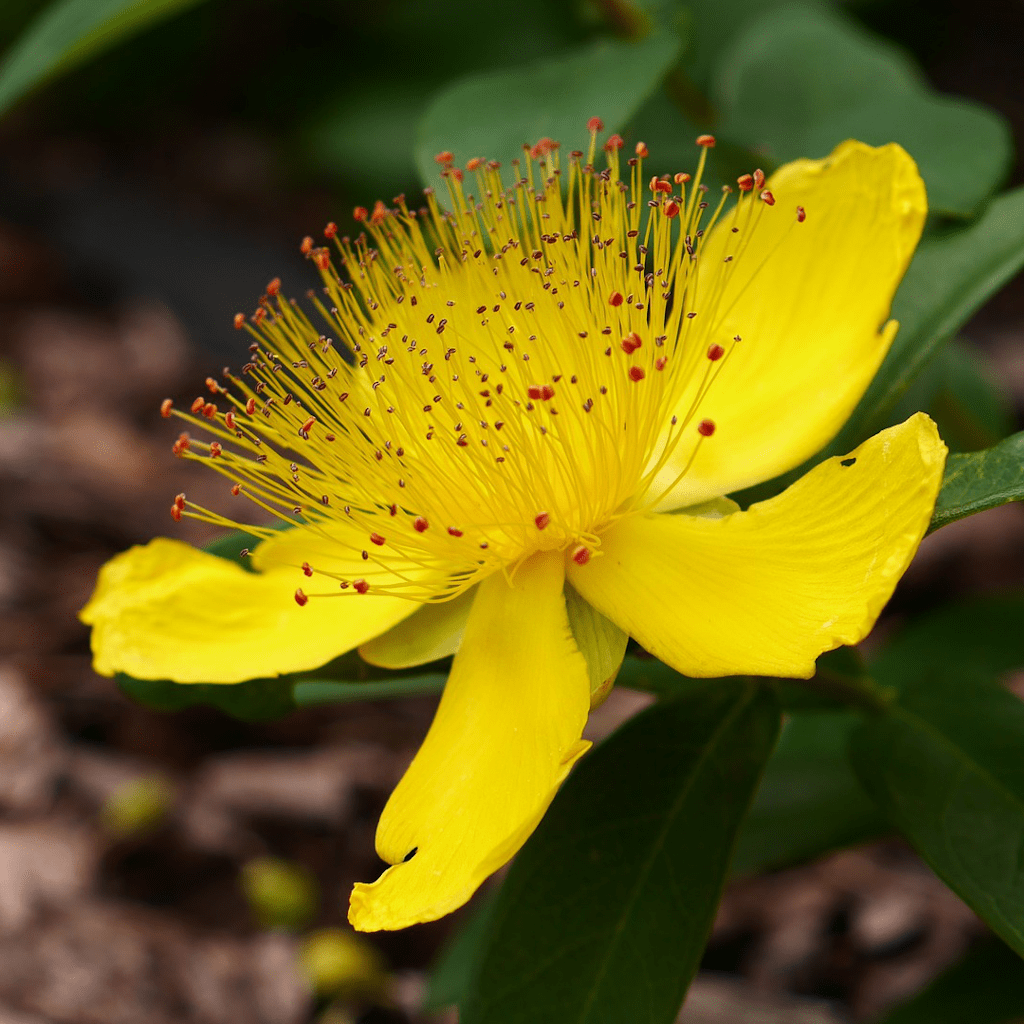St. John’s wort, also known as Hypericum perforatum, is a herb commonly used for its medicinal properties. It is native to Europe but can also be found in other parts of the world. In recent years, it has gained popularity as a nootropic, or cognitive-enhancing substance.
The main active compounds in St. John’s wort are hypericin and hyperforin. These compounds have been found to increase the levels of certain neurotransmitters in the brain, such as serotonin, dopamine, and norepinephrine. By doing so, St. John’s wort can improve mood, reduce anxiety, and enhance cognitive function.
St. John’s wort has been shown to be particularly effective in treating mild to moderate depression. Studies have found that it can be just as effective as prescription antidepressants but with fewer side effects. It has also been found to be effective in reducing symptoms of anxiety and stress.
In terms of cognitive enhancement, St. John’s wort has been found to improve memory and cognitive flexibility. It may also improve attention and concentration, although more research is needed in this area.
One of the benefits of St. John’s wort as a nootropic is that it is generally well-tolerated and has few side effects. However, it can interact with certain medications, including antidepressants, birth control pills, and blood thinners. It is important to speak with a healthcare provider before taking St. John’s wort, especially if you are taking any medications.
Overall, St. John’s wort is a promising nootropic with a range of potential benefits for cognitive function and mental health. However, more research is needed to fully understand its mechanisms of action and potential side effects. If you are considering taking St. John’s wort for its nootropic properties, be sure to speak with a healthcare provider first.
